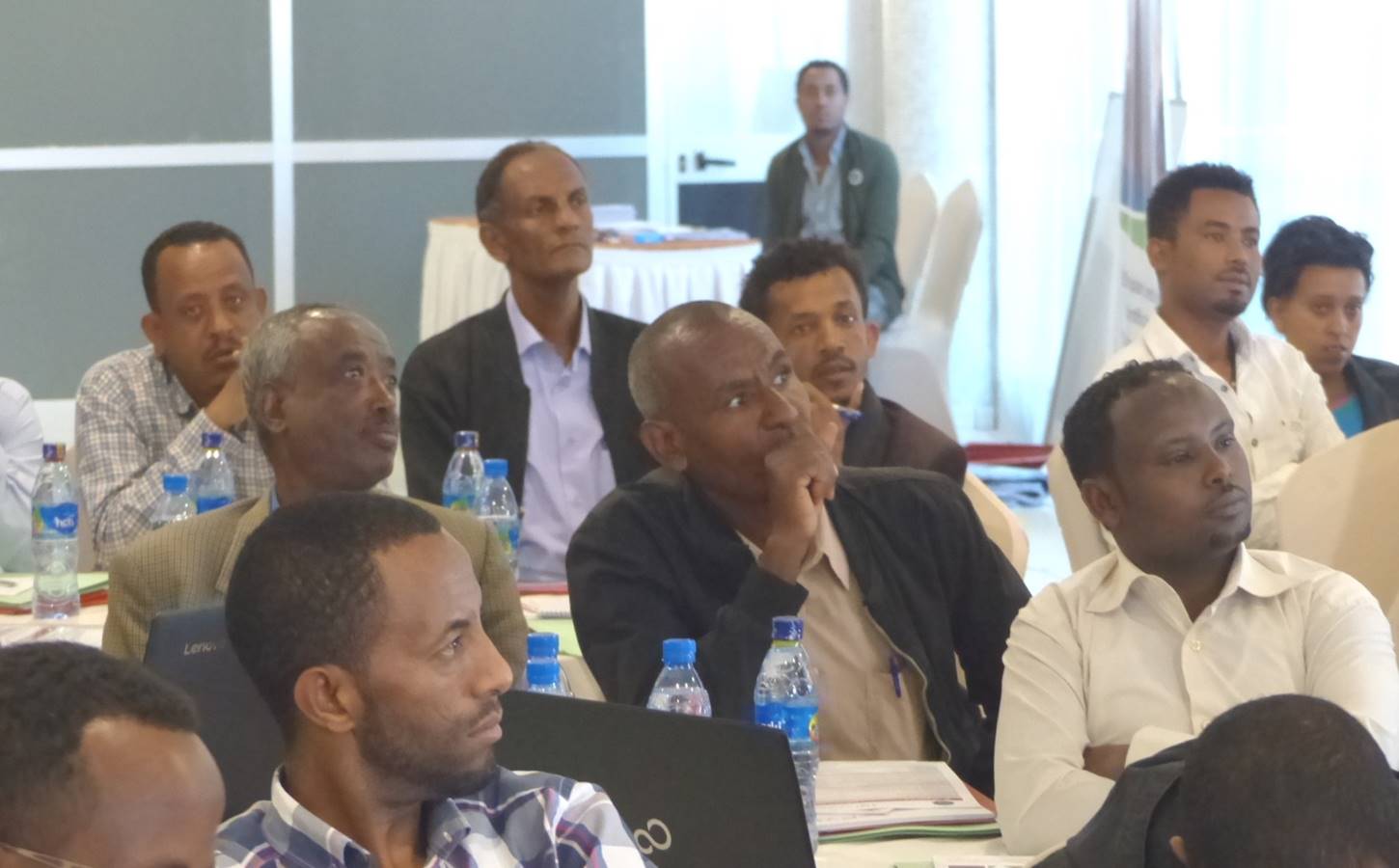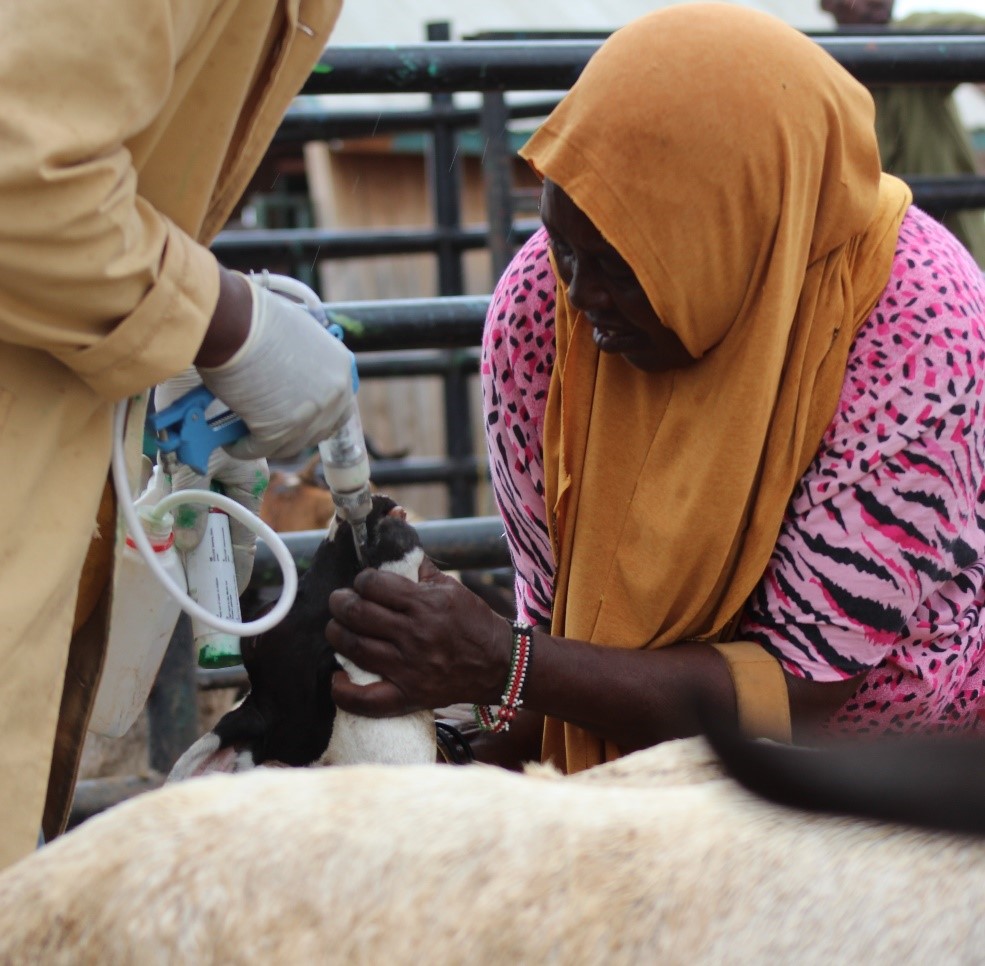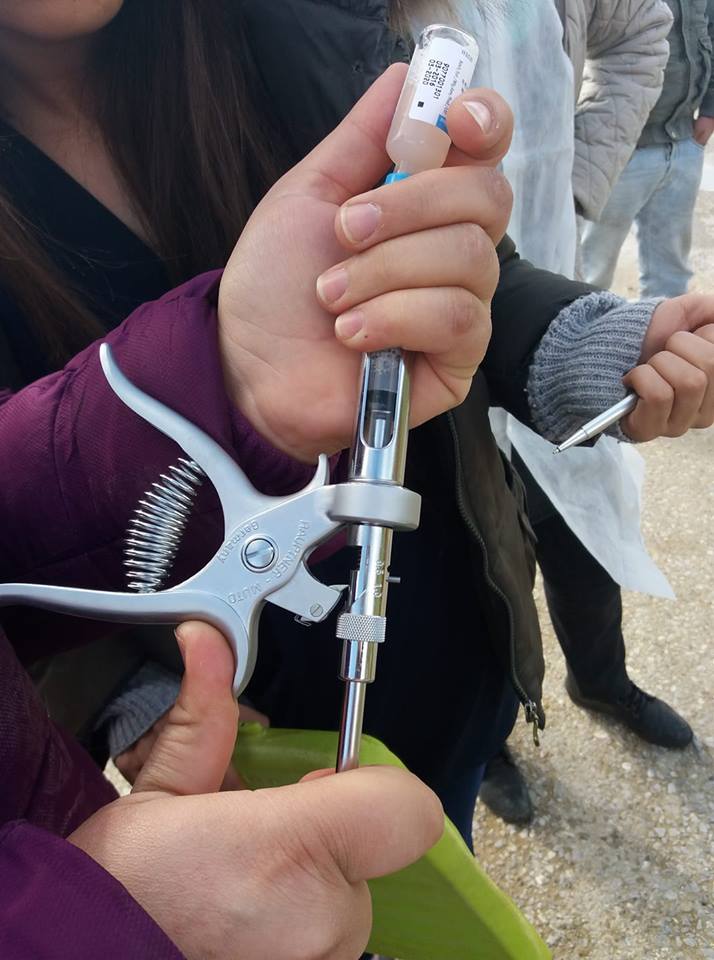
The Veterinary Services of developing and transition countries are in urgent need of support to provide them with the necessary infrastructure, resources and capacities that will enable their countries to benefit more fully from the WTO Sanitary and Phytosanitary Agreement (SPS Agreement) while at the same time providing greater protection for animal health and public health and reducing the threat for other countries which are free of diseases.
The World Organisation for Animal Health (WOAH) considers the Veterinary Services as a Global Public Good and their bringing into line with international standards (structure, organisation, resources, capacities, role of paraprofessionals) as a public investment priority.
The PVS tool, which stands for Performance of Veterinary Services tool, is designed to assist veterinary services, and in particular veterinary administrations, to establish their current level of performance, to identify gaps and weaknesses regarding their ability to comply with OIE international standards, to form a shared vision with stakeholders (including the private sector) and to establish priorities and carry out strategic initiatives.
More information on the PVS tool may be found here
Since 2006, more than 120 countries have been assessed through the PVS methodology, out of which more than 50 in Africa. More statistics here
The Joint External Evaluation (JEE) is a voluntary, collaborative process to assess a country’s capacity under the International Health Regulations (2005) (IHR) to prevent, detect, and rapidly respond to public health threats whether occurring naturally or due to deliberate or accidental events.
The JEE allows countries to identify the most urgent needs within their health security system; to prioritize opportunities for enhanced preparedness, response and action; and to engage with current and prospective donors and partners to target resources effectively.
Since 2016, more than 100 countries have been assessed through the JEE Tool methodology, out of which more than 40 in Africa.
Based on the PVS and JEE, WOAH and WHO have set up IHR/PVS National Bridging Workshops (NBWs) to enable the member countries to improve intersectoral collaboration. The NBW workshops, with equal participation by the human health and animal health sectors, enable countries to explore in depth overlapping areas between the IHR framework and the PVS Pathway, and develop, where relevant, appropriate bridges to facilitate coordination between sectors, to jointly address major health security risks, many of which are zoonotic.
PDF - 503.59KB
PDF - 9.57MB
PDF - 3.89MB
Veterinary Services : a Global Public Good
WOAH and its Member Countries believe that the concept of veterinarians as professionals who are only concerned with animal diseases should be broadened to include areas of activity that focus on public health outcomes, the control of risks along the food chain, as well as the welfare of animals.
WOAH considers Veterinary Services to be a Global Public Good and their bringing into line with international standards (in terms of legislation, structure, organisation, resources, capacities, the role of the private sector and paraprofessionals) as a public investment priority.
The official agreement signed by the (then) OIE and the World Bank in 2001 supports this view. Sanitary standards related to animal health (including zoonoses) and animal welfare should be developed and steps must be taken to improve the capacity of official Veterinary Services to rapidly detect, diagnose and control animal diseases.
Furthermore, to be able to support access of animals and their products to national, regional and international markets, Veterinary Services, especially in developing and in transition countries, need to improve their ability to collect and rapidly disseminate national data on animal diseases.



